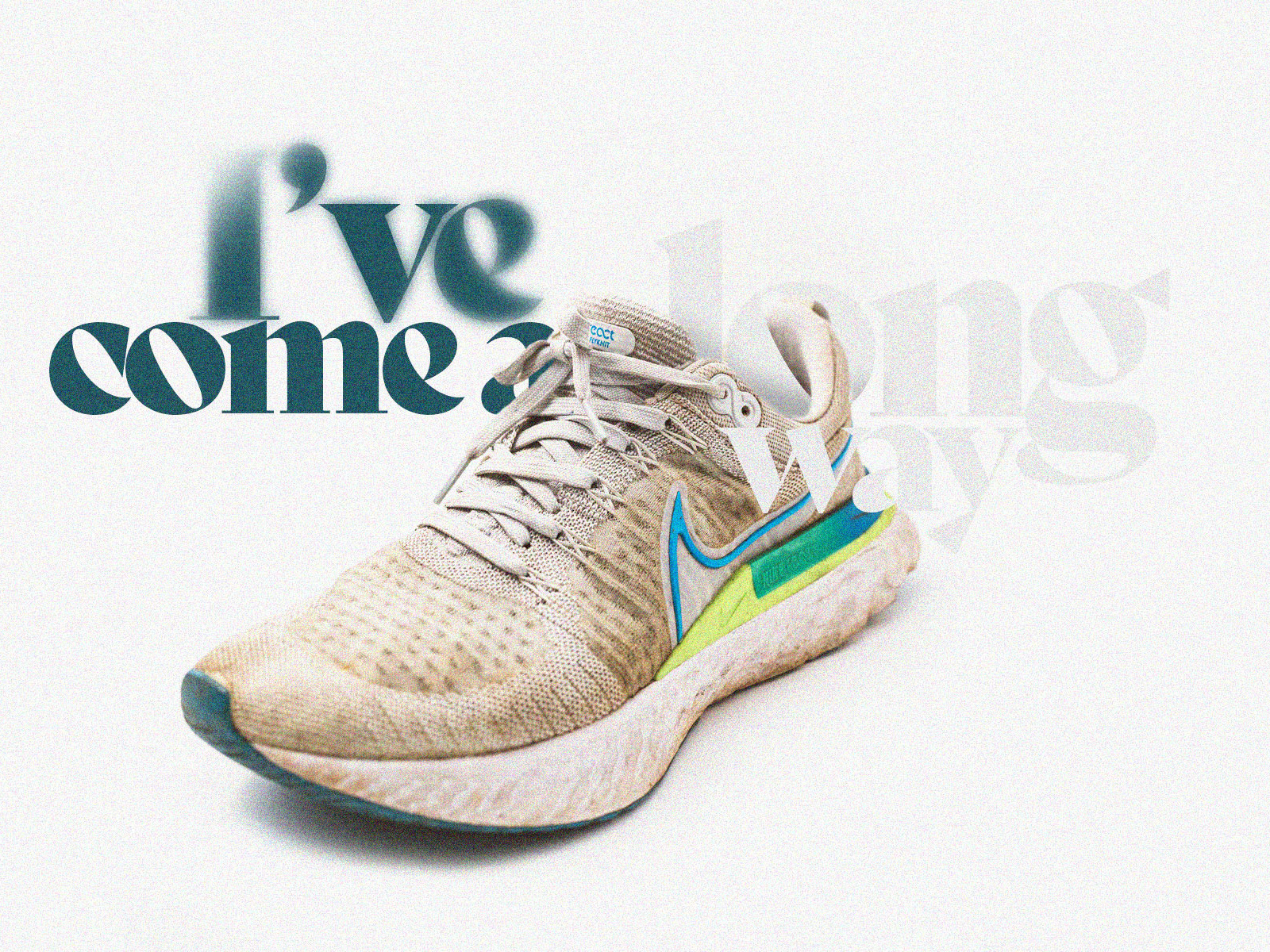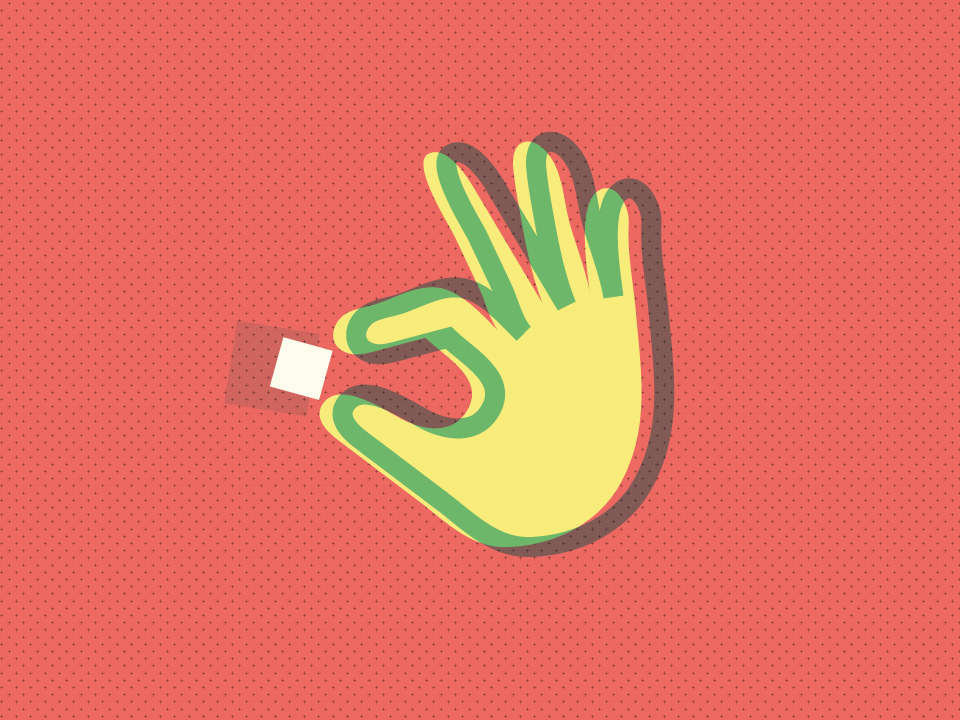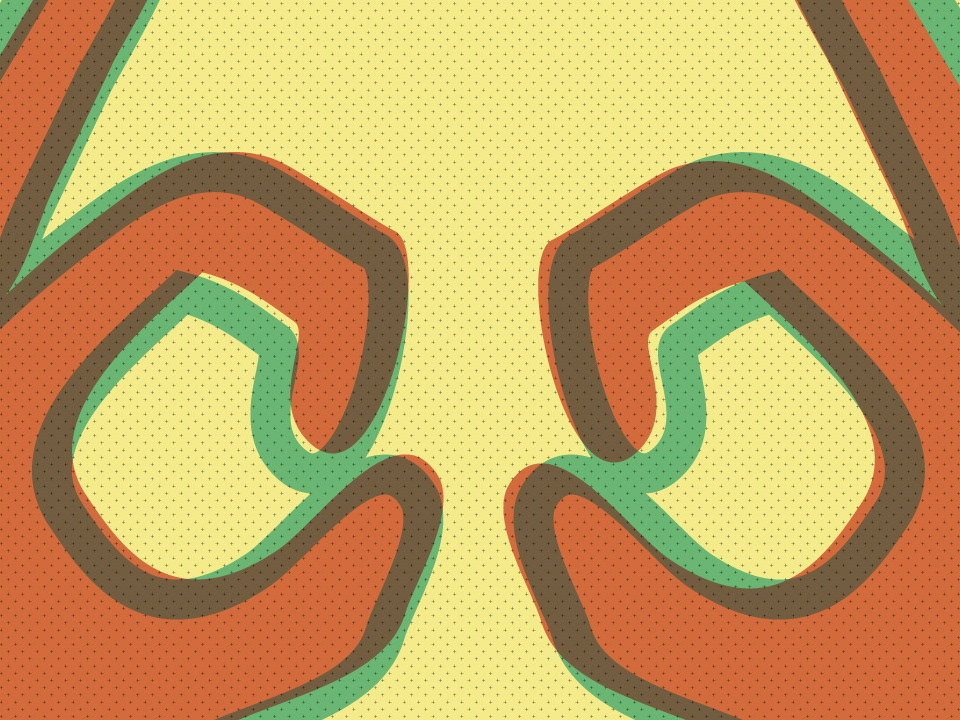Running is easy, or is it?
We walk or run at different paces daily, pursuing various goals on different paths. As time passes, we pick up those paces, refocus on our goals, and narrow our paths. It is not easy; someone would say, Yes, agree. We suffer a lot, but still, we run.
We walk or run at different paces daily, pursuing various goals on different paths. As time passes, we pick up those paces, refocus on our goals, and narrow our paths. It is not easy; someone would say, Yes, agree. We suffer a lot, but still, we run.
A few years back, an evening after work on a Thursday, I thought I should become a runner. I started my slow jog from the far end of the East Coast belt in hot and humid Singapore; it was around 6.30 pm, and an excellent one-hour run would be a great start. Halfway through my first two kilometres, not more than ten or fifteen minutes, my body started demanding more oxygen for every stride I took, and my heart was not up to the speed. There was no way to check my BPM then, but I am sure it was more than 170. I kept pushing. Because that's what elite athletes would do: they keep pushing when things are tough. This was the wisdom I gathered from nowhere. I was on the pedestrian track along the ECP, and when I was reaching the bend towards the inner road, I knew something strange was happening, and I started losing my mental-physical body connection. I have only fainted a few times, back in primary-secondary school. One was after having a long day after missing breakfast and lunch, and the other was a fall. I so had a slight memory of how that feels. And here it was again, I started losing my speed, coming to a halt and brain demanded me to sit before anything else. If it's a place to sit and rest, it doesn't matter; it wanted me to sit. I remember crouching because I didn't want to attract attention from other pedestrians by asking for help. I thought I was crouching, but I think I was on the ground with all four and entering a blackout.
I was sweating, not because of my run, but because of the fear of this blackout I had never experienced to this length. I remember thinking this should go away in minutes, but I was there trying to get the standard control of my body for more than 15 minutes. I returned to my senses; I could hear the ECP vehicles passing by and feel my legs. Back on my feet, I started strolling towards my apartment like this never happened. I didn't know what happened, but one thing I was sure of was that I was terrible at running and unfit for endurance.
Did I stop? Yes, I stopped for the next day because I was frightened. On Saturday, I was back on the same pedestrian track again as if nothing had happened.
Fast-forward to the present day, running has become part of my daily routine. I run five miles every other day, allowing a day in between for recovery. Additionally, I do long runs every other weekend. I have never experienced that feeling of fainting again, even in my recent marathons and casual long runs.
My pace in those days was around 7 to 8 minutes per kilometre. It has changed now. I do speed runs chasing a Singapore elite runner group sometimes when they are practising (they are really good) and slow and steady ones to be on Zone 2. Then, my goal was to complete 3 kilometres, but I don't even have one now. Sometimes, I do five miles; sometimes, it goes until my podcast ends or my Airpods run out of batteries. I started my 1-2 kilometre runs on pedestrian tracks. Now, I cover parks, take the road when the weather is nice, and casually take every route with a view or shade. Is it as difficult now as it was a few years ago? Well, yes, if I don't get enough rest before the day of the run.
Paces, goals, and paths meant to be changed. It's the journey that helped me understand the chemistry behind it. I know how to enjoy a sprinting pace when the humidity is low and zone out to a Hidden Brain episode when on a slow pace. I know the best coastal park routes in my neighbourhood with the best views. Perhaps I would have never discovered any of these things if I had not been flexible with my paces, goals, and change of routes.
What's important is that you keep running.
What's important is that you keep running.







